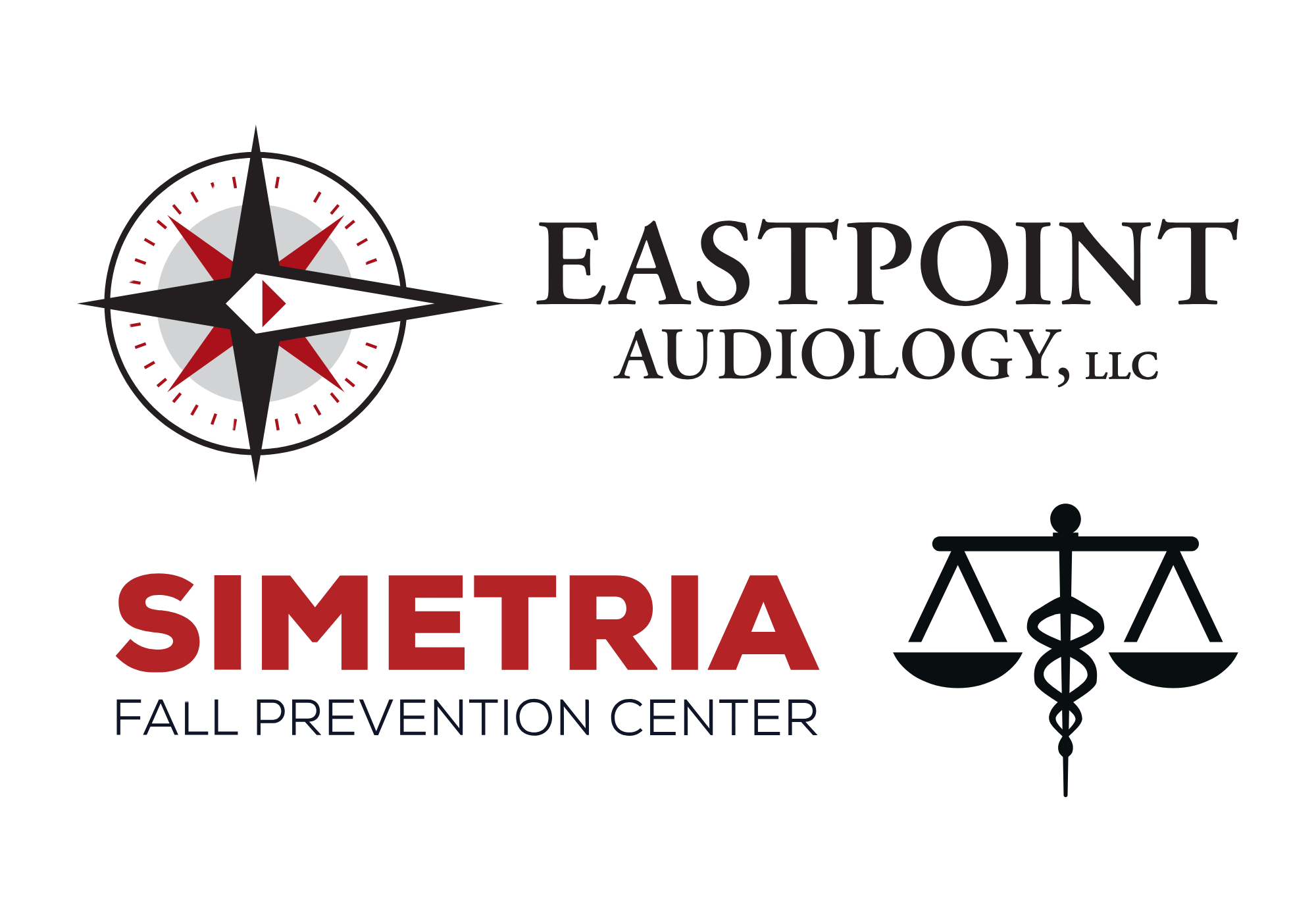Have you ever left a hearing test with normal results but still found it difficult to follow conversations, especially in loud restaurants, crowded events, or busy workplaces? When this happens, you are not just misunderstanding. You might be dealing with a condition called hidden hearing loss, a form of hearing loss that conventional hearing tests often fail to detect.
Hidden hearing loss is a bona fide and more and more accepted issue. It is believed to impact as many as 10% of individuals who report hearing difficulties. Despite the lack of detection on standard audiograms, the listening challenges connected to this condition are very real.
What exactly is hidden hearing loss?
Rather than being caused by damage to the stereocilia (the hair cells in the inner ear) like most sensorineural hearing loss, hidden hearing loss impacts the ears differently. This form of hearing loss arises from compromised synapses, which are the links from the inner ear to the auditory nerve. The function of these synapses is to send information about sound from the ear to the brain.
The signal transmitted to the brain is incomplete when these neural links are weakened, which frequently occurs because of long-term exposure with high-volume noise. Picture it as a muffled radio broadcast or a broken chain of communication: portions of the message are lost en route, especially in complex soundscapes with overlapping conversations or background noise.
Since typical hearing tests mainly measure your ear’s ability to perceive tones in a silent setting, they don’t always uncover issues in how your brain processes sound in actual situations. The core definition of hidden hearing loss is this: it is masked by clear hearing test results.
Common signs and symptoms of hidden hearing loss
While a standard test result may be normal, a number of signs can point to hidden hearing loss. Recognizing these signs is the first step toward getting the assistance you need:
- Conversations might sound like people are speaking unclearly, and you miss essential words or parts of words regularly. You feel that people are talking unclearly, leading you to frequently miss critical words or syllables.
- Loud surroundings become intense for you. It is extremely fatiguing to keep up with dialogue in noisy settings, such as parties, public events, or restaurants, regardless of how much you concentrate.
- You tend to have conversations one-on-one in quiet settings. With minimal background interference, your brain can process speech more clearly.
- Even with clear test results, you continue to sense that something is amiss. Getting a passing score on a test can be confusing, not comforting, when you’re still having hearing difficulties regularly.
It’s essential to note that these symptoms can, in some cases, be mistaken for cognitive or attention problems, particularly in children or young adults. Nonetheless, current research demonstrates a strong link between the effort needed to process incomplete sound signals and a resulting exhaustion from listening.
Diagnosing hidden hearing loss: The diagnostic process
The field of audiology is still developing the topic of hidden hearing loss. Making a diagnosis is often tricky because the problem stems from the nerve connections, not the ear organ itself. Presently, most hearing care providers depend on a thorough review of the patient’s history and symptoms to make an educated assessment, despite the fact that some encouraging diagnostic methods, including tests that measure brainwave responses or eye movements to sound, are in development.
If you recognize any of the signs mentioned above, you must share these experiences with a hearing specialist, even if your recent hearing assessment came back normal.
Can hidden hearing loss be managed? Treatment options
There is no single, definitive treatment for hidden hearing loss yet, but many people benefit from advanced hearing technology. Modern hearing aids with noise-filtering capabilities, directional microphones, and enhanced speech-processing software can substantially improve communication in challenging environments.
Listening therapy and auditory training, when utilized in addition to hearing aids, may allow your brain to adapt and enhance its sound-processing capabilities.
Take action: Consult a hearing specialist
It can be difficult to manage hidden hearing loss, particularly when your experience is not validated by standard hearing tests. It may not be easy to measure, but that doesn’t change the fact that it’s real and manageable.
If you are finding it hard to hear clearly in daily life settings, even with normal test results, you should book an evaluation with a hearing care professional who is knowledgeable about hidden hearing loss. The appropriate support is key to helping you improve your total quality of life and feel more confident in social settings.
Arrange a consultation and start your journey toward hearing with more clarity.

